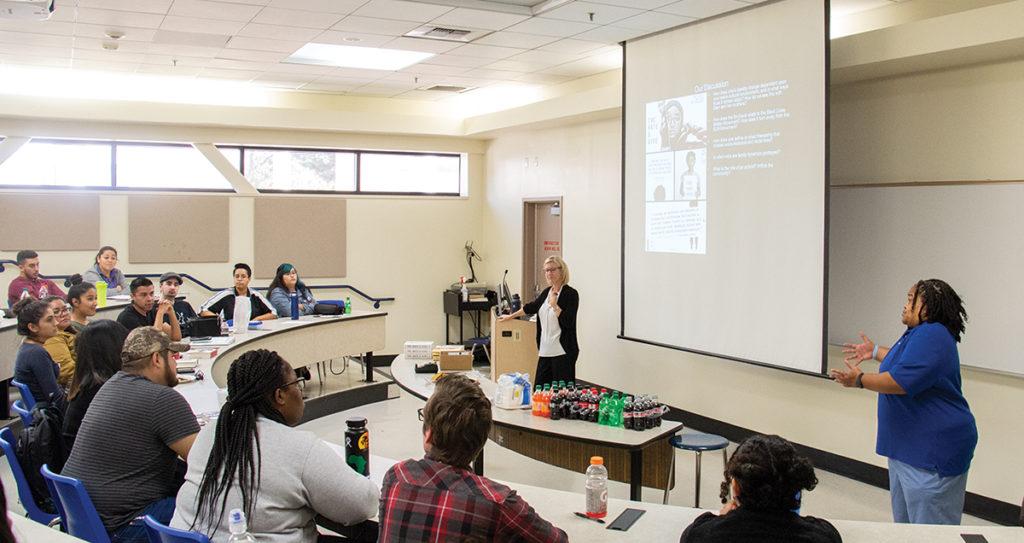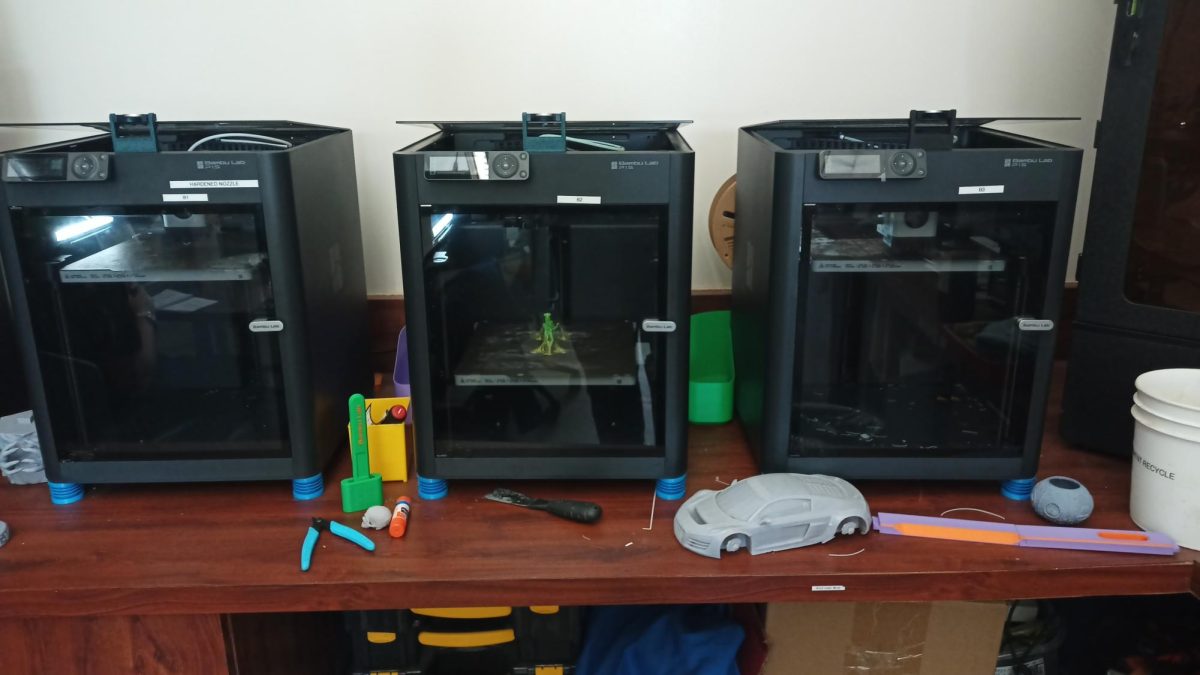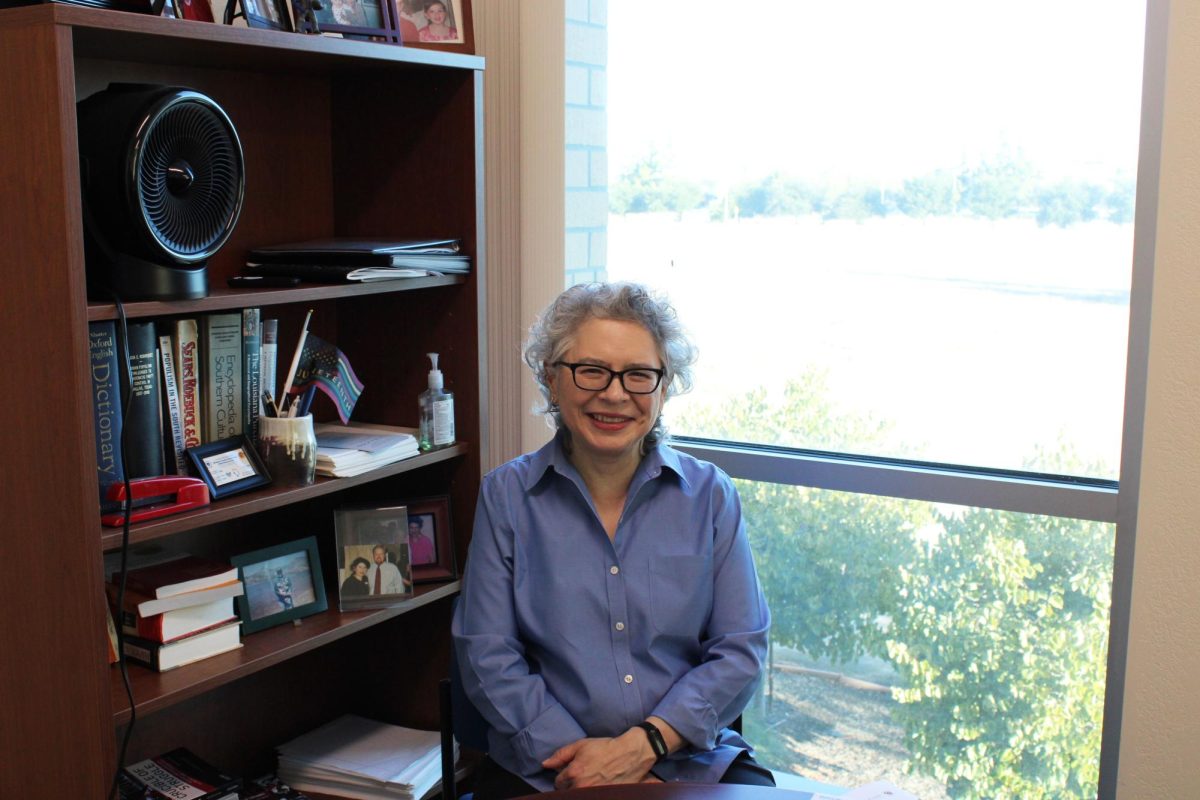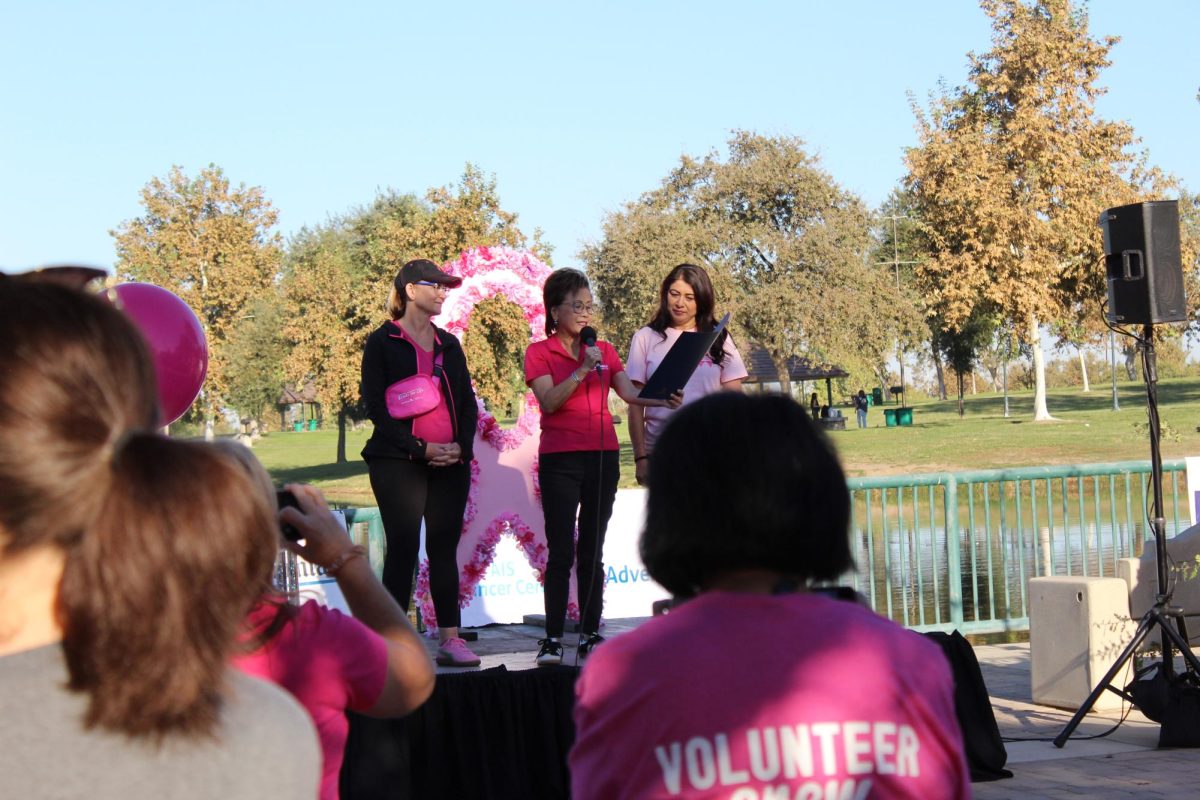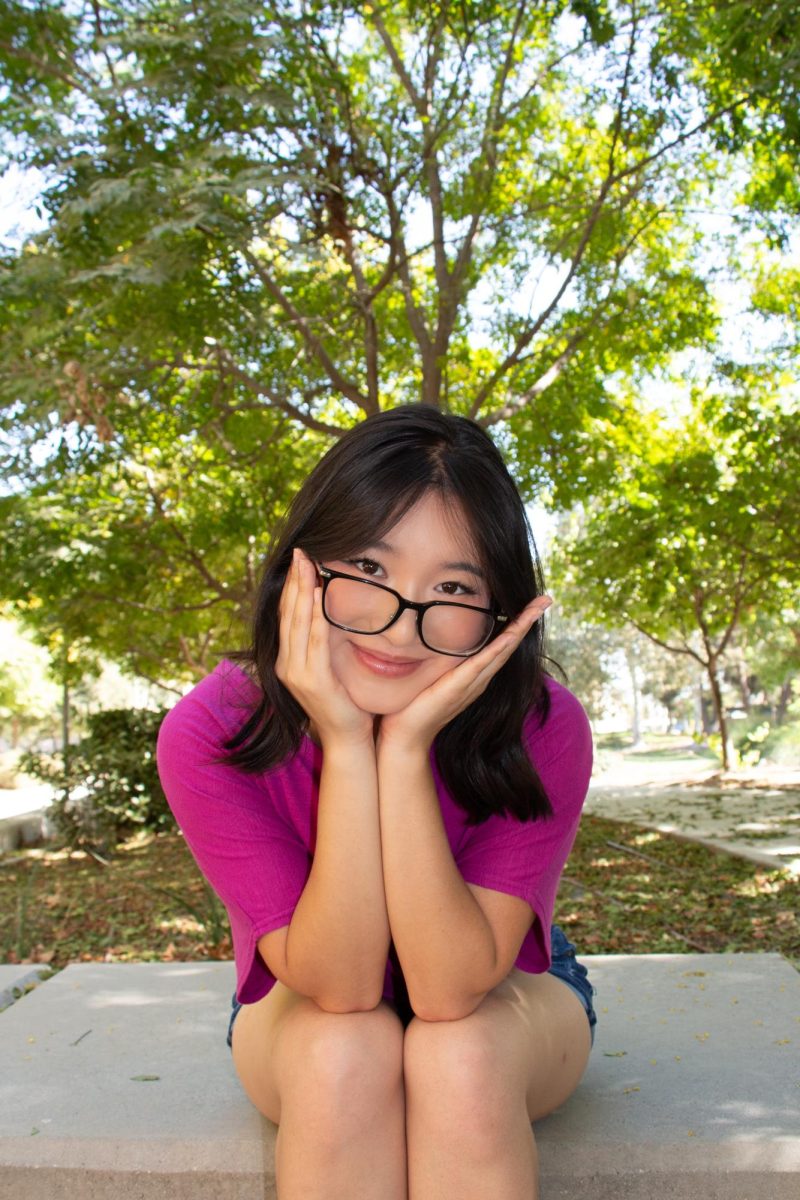Reporter
“This is what university is about…having healthy open discussions” said Jenny Zorn, provost and vice president for academic affairs.
Zorn is referring to brown bag discussions, monthly discussions where students and faculty enjoy their lunch together and speak on educational topics. Free snacks and drinks are provided along with guest speakers who lead the discussions.
November’s brown bag discussion was led by Dr. Alice Hays and Dr. Tracey Salisbury.
The topic revolved around “The Hate You Give,” a film based on a novel by Angie Thomas that dealt with racial issues such as police brutality.
The story follows the events of a young African American girl who witnessed the shooting of her childhood friend by a police officer. The story unfolds as Starr Carter must decide whether or not to testify in the case of the officer, which leads to her political activism and self-growth through the process.
Student and faculty of different races and backgrounds came together to discuss their common experiences about family, culture, and identity. They also expressed similar feelings of hurt and frustration during the brown bag discussion.
Hays and Salisbury led the discussion with questions about the movie and allowed people to group up and discuss together then share to the room.
Natalie Wittman, a junior phycology major, enjoyed listening to different perspectives and voices. Wittman says, “This is one of those movies that you really need to see and see how it impacts other people.”
The novel dealt with themes of racial code switching and identity.
Code switching is commonly referring to the shifting between one or more languages. In the case of “The Hate You Give Us,” Starr experiences code switching when alternating between two personas in her prominently white wealthy high school and her poor mostly black neighborhood.
Those who spoke during the discussion explained their own experiences of assimilating into American culture. Some felt that it was needed to “fit in” and be accepted. One faculty member spoke about her childhood days where she code switched as a way to feel safe.
The pros and cons of the movie were analyzed. Dr. Salisbury spoke on how many did not consider the movie to be a Black Lives Matter movie because it didn’t portray the realism of racism throughout the whole movie.
Salisbury explained the movie didn’t do as much as it could, “They took their foot off the accelerator because it made people uncomfortable.” She says she will still continue to teach sections of the movie because there’s still a lot that can be taught from the novel and movie.
Salisbury ended the discussion by saying, “We have a community, it may start small but it’s going to get bigger.”




